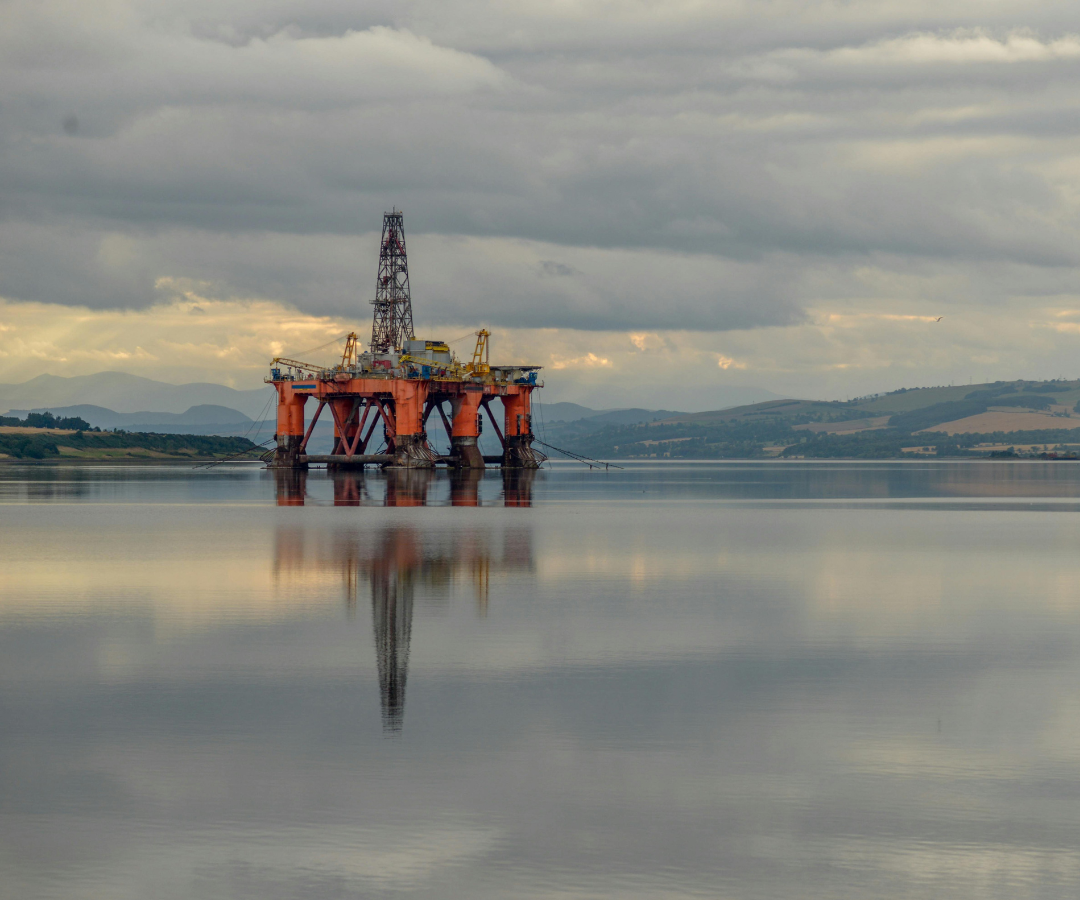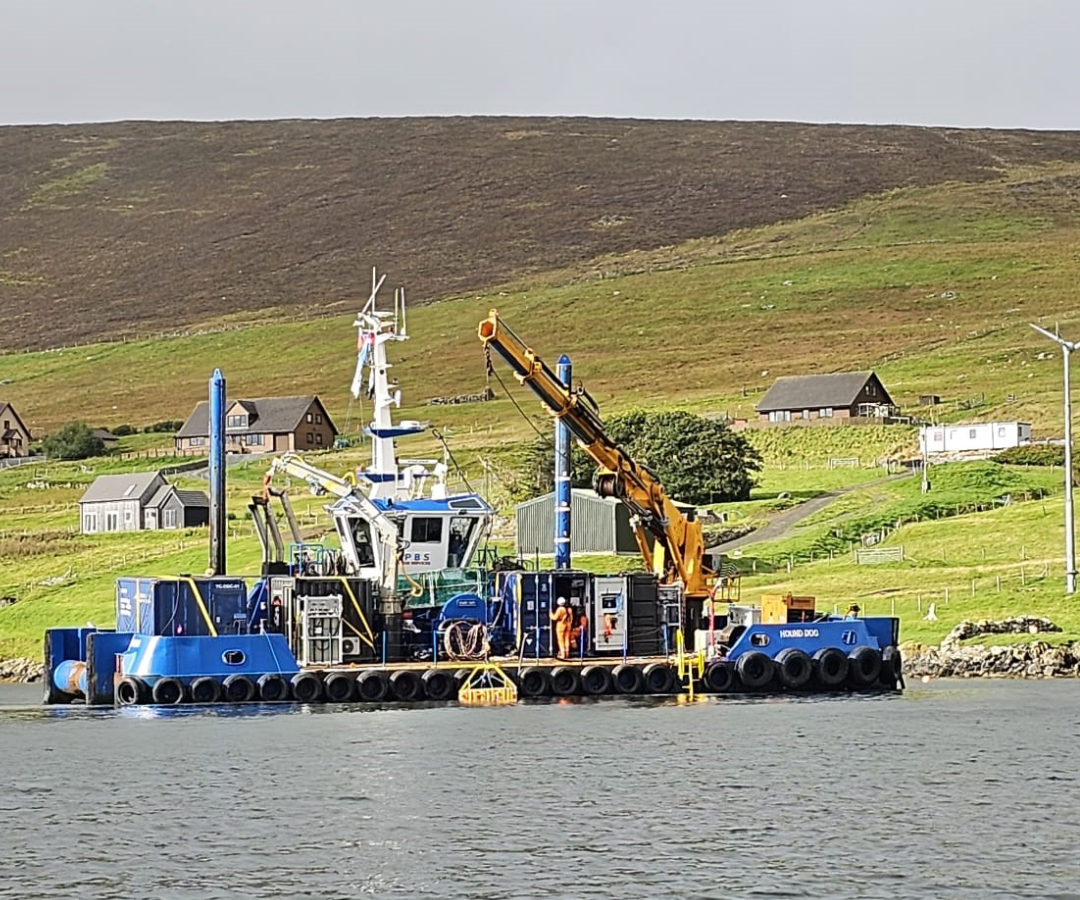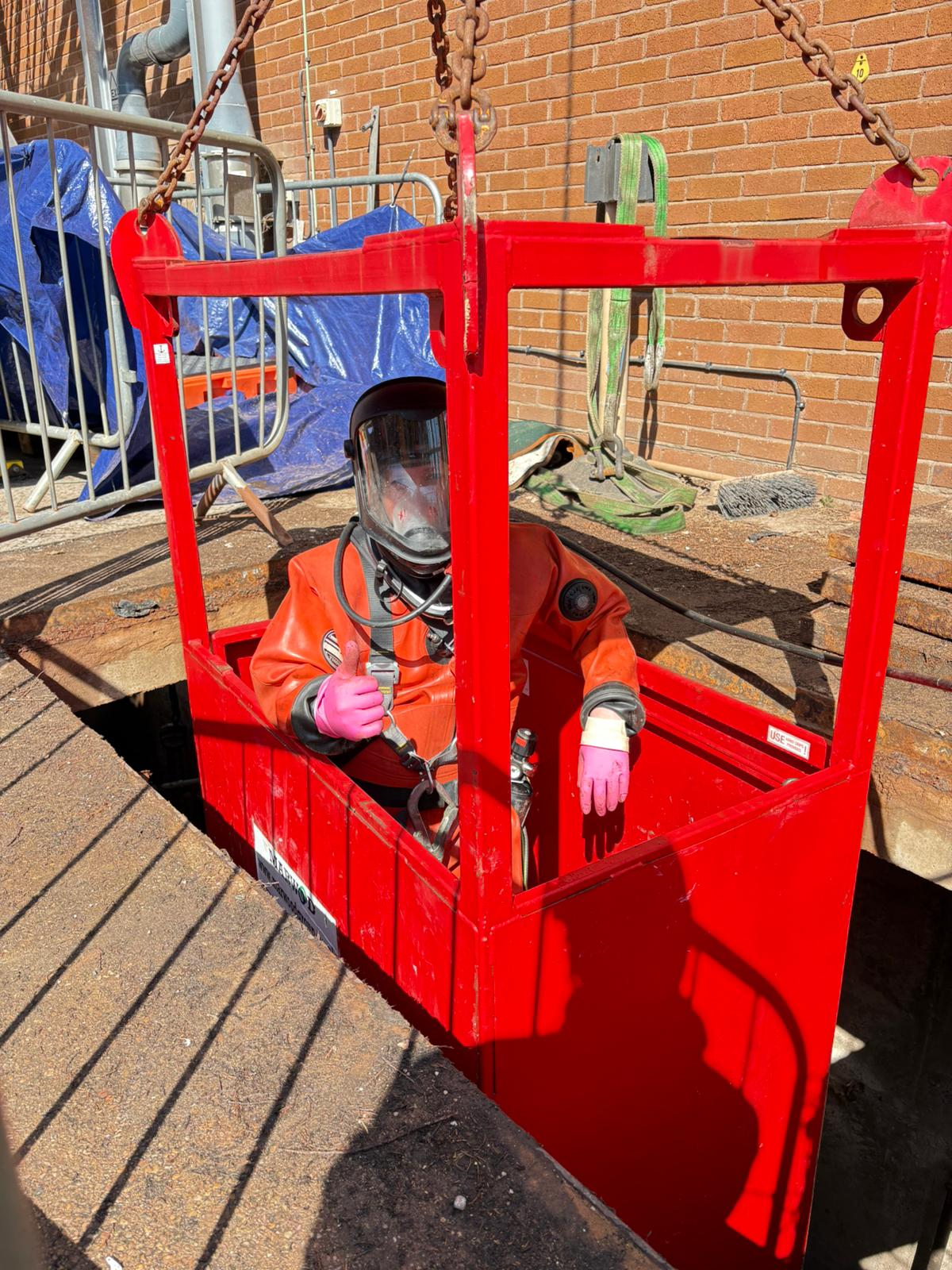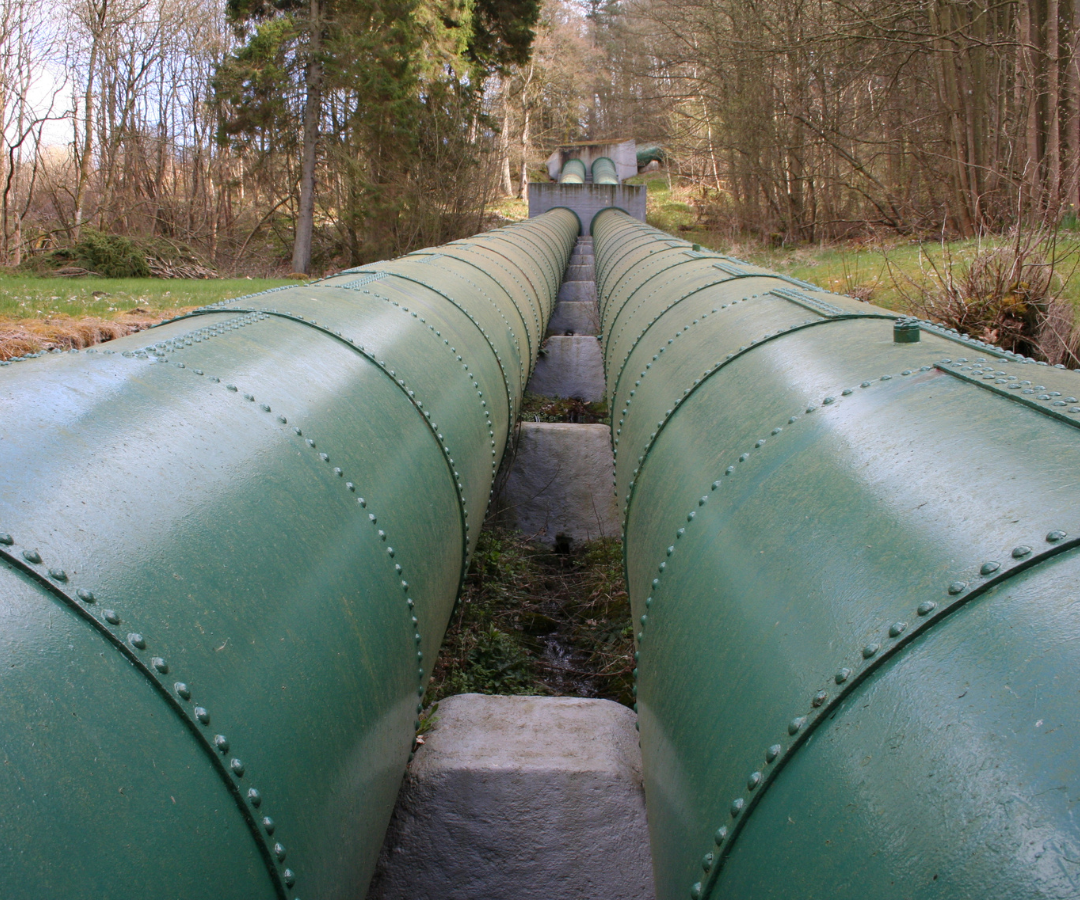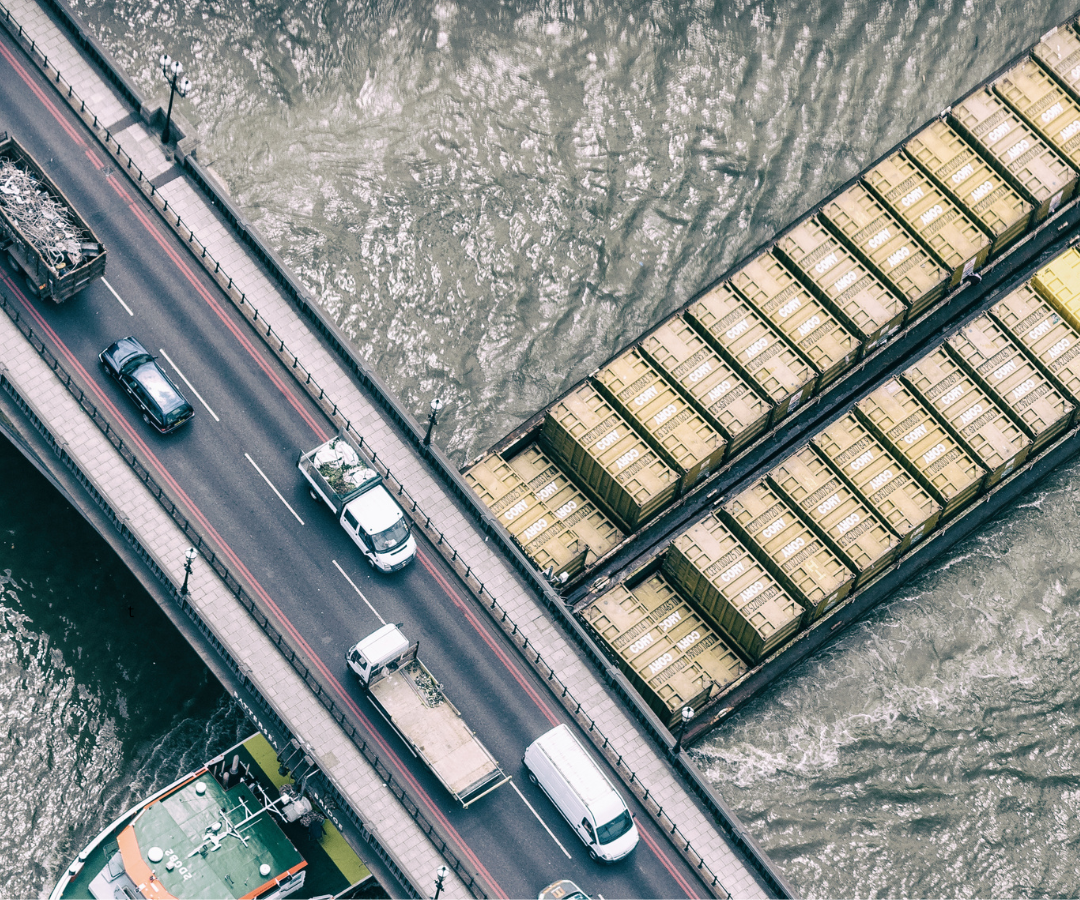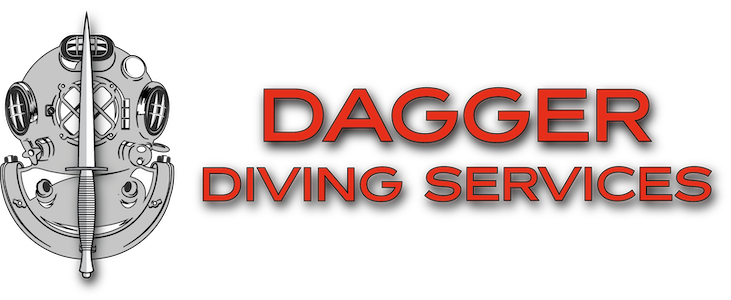Class Renewal Achieved Through Underwater Inspection
Client / Site: Noble Drilling, North Sea Central Sector Semi-Submersible Platform
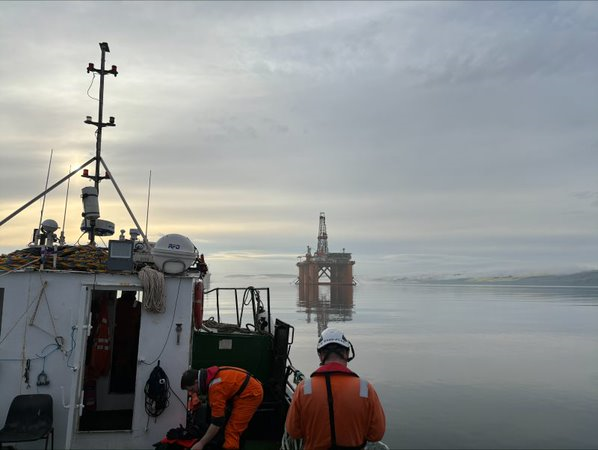
The Challenge
Noble Drilling needed their semi-submersible drilling rig to pass critical ABS class renewal requirements without the massive expense and operational downtime of drydocking.
UWILD (Underwater Inspection In Lieu of Drydocking) allows vessels to maintain certification through underwater inspection rather than expensive dry dock hauling. The operational challenges were complex:
- Live drilling operations – Rig fully operational and manned throughout inspection
- Dynamic positioning – Platform maintaining position in open North Sea conditions
- Tight weather window – Only five days available for marine operations
- Class surveyor requirements – ABS inspector needing real-time verification of all findings
- Zero operational disruption – No interruption to drilling schedule or crew operations
- Comprehensive scope – Full structural inspection of underwater hull, systems, and safety equipment
Any failure to achieve class renewal would result in operational shutdown and costly emergency drydocking.
Our Response
Dagger Diving deployed a specialist offshore diving team with 24-hour operational capability designed for underwater inspections of a live platform in North Sea conditions.
Offshore Certification – Our team operated under full OGUK Diving Regulations and IMCA D014 compliance, with all divers certified for North Sea semi-submersible operations.
Advanced Inspection Systems – Surface-supplied divers used hot water suits for thermal protection, HD helmet cameras for detailed documentation, and direct diver-to-surveyor communications enabling real-time ABS inspector feedback.
Comprehensive Inspection Scope – Our systematic approach covered:
- Close visual and NDT inspection of seachests (water intake systems), thruster nozzles, hull plating, fairleads, and sea valves
- Ultrasonic Thickness Measurements (UTM) and Magnetic Particle Inspection (MPI) at critical structural weld zones to detect any metal fatigue or cracking
- ROV-assisted inspection of chain lockers and splash zones where diver access was restricted
- Safe component removal and reinstatement of gratings and filters for internal system inspection
24-Hour Operations – We maintained shift-based diving capability with a DDS Superintendent onboard managing direct engagement with the ABS class surveyor, ensuring continuous progress regardless of weather conditions.
Real-Time Quality Control – Direct communication between underwater divers and topside ABS surveyor provided immediate validation and direction, eliminating delays and ensuring first-time acceptance.
The Outcome
Mission accomplished – full class renewal achieved without drydocking requirement.
Complete inspection results:
- All class items inspected and validated without operational incident
- Single minor finding – grill pitting requiring no corrective repair
- Continuous classification maintained – No interruption to drilling operations
- Zero drydock requirement – Massive cost and time savings achieved
- Immediate surveyor sign-off – Full ABS approval delivered within hours of final dive
Our systematic underwater inspection and real-time communication with class surveyors enabled Noble Drilling to maintain their critical North Sea drilling operations whilst achieving full regulatory compliance.
Project delivered ensuring regulatory compliance and operational continuity with zero costly downtime.
Performance Metrics:
- 18 successful dives completed in challenging North Sea conditions
- Zero incidents, near misses, or operational downtime – Perfect safety record
- 100% class acceptance – No rework or remedial actions required
- Full OGUK compliance – Complete audit preparedness maintained
Technical Note: UWILD inspections are specialized underwater surveys that allow vessels to maintain their class certification without the massive expense of drydock hauling. For offshore drilling rigs, this can save millions in operational costs and avoid weeks of downtime whilst maintaining full regulatory compliance.

